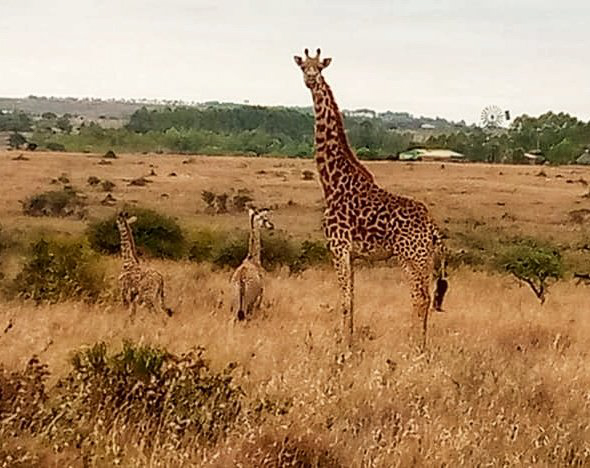If you are planning to visit Kenya’s state-protected areas in 2024, you might want to budget for higher fees.
The Kenya Wildlife Service (KWS) has announced new fees for entry to its national parks, reserves and sanctuaries, effective from January 2024.
According to the KWS website, the new fees are aimed at enhancing service delivery, conservation, and the security of wildlife and habitats.
The fees vary depending on the category and location of the protected area, as well as the nationality and age of the visitor.
For instance, KWS will increase the rates for East African Community and resident adults to KSh1,000 for visiting the premium facilities of Amboseli and Lake Nakuru National Park during the high season, which runs from July to March.
Non-resident adults from Africa and other parts of the world will pay $50(KSh7,167) and $100 (KSh14,335) respectively for the same period.
The rates will drop to KSh800 for EAC and resident adults during the low season, which spans from April to June. Adults from Africa and the rest of the world will pay $35 (KSh5,017) and $80 (KSh11,468) respectively during the low season.
To visit the Nairobi National Park, the proposed rates will see EAC and resident adults pay KSh2,000 for visiting the park during the high season, which runs from July to March, a significant increase from the current Sh430.
Non-resident adults from Africa and other parts of the world will pay $50 (KSh7,167) and $100 (KSh14,335) respectively for the same period.
The agency will maintain the same rate of KSh2,000 for EAC and resident adults during the low season, which spans from April to June.
These are some of the most popular destinations for wildlife viewing in Kenya, where visitors can see the Big Five, flamingos, the wildebeest migration, and other attractions.
Children and students will pay lower fees depending on their category.
The new fees also apply to camping, accommodation, filming, photography and other activities within the protected areas.
For example, non-residents will pay $40 per night for camping at a public site, $100 per night for camping at a special site, and $50 per day for filming or photography.
Residents and citizens will pay lower rates for these services.
The KWS has also introduced a smart card system for payment of fees, which can be obtained online or at selected outlets.
The smart card can be loaded with money and used to access any protected area managed by KWS. The smart card is valid for one year.




